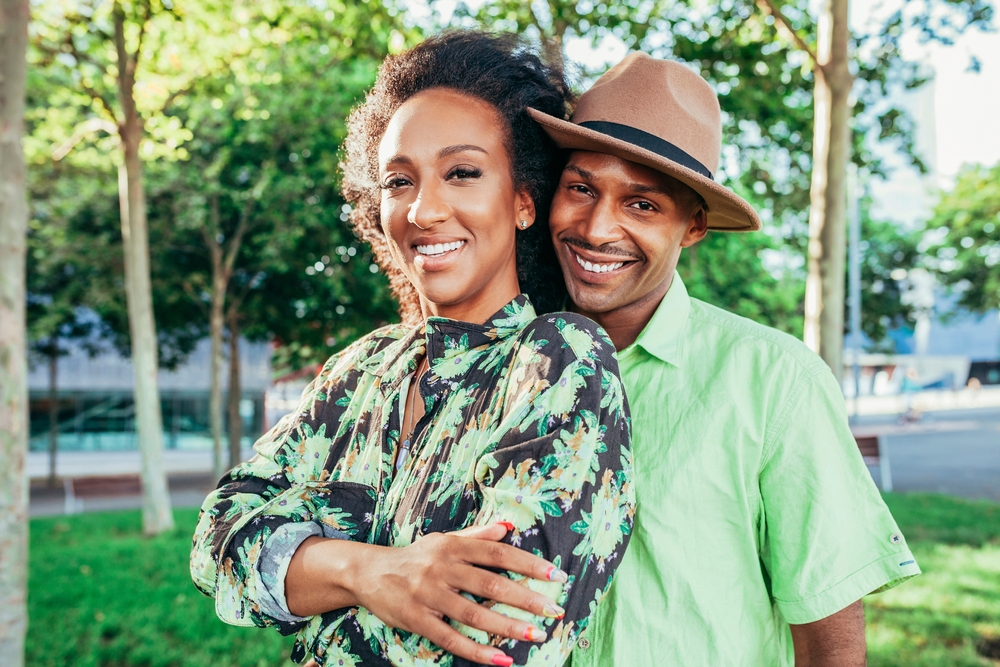In today’s dating world, age is often seen as just a number. But when it comes to forming meaningful, long-lasting connections, that number can sometimes signify more than just a difference in years. Dating someone significantly younger may present challenges that go beyond the surface of attraction and chemistry. If you find yourself questioning whether the person you’re dating is too young for you, it’s important to reflect on the dynamics of your relationship.
An age gap can introduce differences in life stages, priorities and emotional maturity, potentially impacting the bond. In this article, we’ll dive into the signs that might indicate you’re dating someone too young for you and how to evaluate the relationship thoughtfully.
1. Different life stages
One of the clearest signs that your partner may be too young is if you’re in vastly different stages of life. Life stages can dictate much about your day-to-day routines, long-term goals and how you view relationships. For instance, if you’re well into your career, thinking about settling down or focusing on long-term investments, while your partner is just starting out in their career or still figuring out their passions, this could create a disconnect.
Being in different life stages can lead to mismatched priorities and different expectations of what a relationship should look like. If your partner is still focused on things like partying or figuring out their career path, while you’re ready for more serious commitments, it could indicate a misalignment in values.
Can your goals align?
Having different goals doesn’t mean the relationship is doomed, but it’s crucial to have an honest conversation about your priorities and where you see yourselves in the next few years. If your timelines for major life events — such as marriage, having kids or buying a house — don’t match, it’s a sign you may be in different places in life. These differences can create strain in the relationship, leaving one or both partners feeling unfulfilled.
2. Communication and emotional maturity
A significant age gap can sometimes highlight disparities in emotional maturity. While this isn’t always the case, age can play a role in how individuals handle conflict, communicate and process emotions. If you find that you’re constantly needing to explain things to your partner or they struggle to express their emotions in a mature way, it could be a sign that they haven’t yet developed the skills necessary for a stable relationship.
Recognizing emotional gaps
Pay attention to how your partner handles difficult conversations. Do they avoid talking about problems, or do they engage in meaningful discussions about your relationship’s challenges? Emotional maturity is key to navigating long-term relationships, and if you find yourself feeling more like a mentor than a partner, this could be a red flag.
3. Social circles and interests
Another way to gauge if your partner is too young for you is to look at how well they fit into your social circles and share your interests. A relationship should feel like a partnership, with both individuals feeling comfortable in each other’s worlds. If you constantly feel like you’re trying to bridge a generational gap or struggle to find common ground on hobbies, entertainment or cultural references, it could indicate that your age difference is creating a divide.
Finding common ground
While it’s perfectly normal for partners to have different interests, the challenge with a larger age gap can be finding things you both genuinely enjoy doing together. If you often feel like your activities or conversations are catered to one person’s age group, it might be worth reconsidering how compatible you truly are.
4. Financial stability and independence
Financial independence is another aspect that can highlight age-related differences. If one partner is more established in their career and financially independent, while the other is still figuring out their finances, this can create an imbalance in the relationship. It’s important to feel like equals in a relationship, and financial dependency can complicate things.
Balancing financial expectations
If you find that you’re often the one covering bills, planning trips or paying for dates, it could lead to feelings of resentment over time. Financial independence plays a role in how a relationship functions, and if your partner is significantly younger and not yet financially stable, this could strain the partnership.
5. Long-term compatibility
When assessing whether you’re dating someone too young for you, it’s important to think about long-term compatibility. Relationships aren’t just about the present — they’re also about building a future together. If you’re serious about the relationship, consider whether your partner’s life goals and timeline align with your own.
The importance of shared values
Age gaps don’t have to be a dealbreaker, but shared values and a similar vision for the future are crucial for long-term success. If you find that your partner isn’t ready for the same level of commitment or doesn’t see the relationship progressing in the same way you do, it’s time to have a candid conversation about where things are headed.
Trust your instincts and evaluate the relationship carefully
At the end of the day, age is just one factor in a relationship. However, it can influence many aspects, from life stages and emotional maturity to long-term compatibility. If you’re questioning whether your partner is too young for you, take time to reflect on how the relationship makes you feel. Are you constantly adjusting to meet your partner’s needs, or do you feel like equals?
Healthy relationships are built on mutual respect, shared goals and emotional maturity. If you find that these elements are missing because of an age gap, it might be a sign that the relationship isn’t right for you. However, if both partners are willing to communicate openly, address challenges and work towards a shared future, age can become less of a barrier.
Remember, the most important aspect of any relationship is how it makes you feel. If you’re happy, fulfilled and excited about the future with your partner, then you’re likely on the right track. But if you’re feeling uneasy or constantly compromising on things that matter to you, it might be time to reassess whether this relationship is truly what you need.
In the end, trust your instincts, listen to your heart and make the decision that feels right for you.
This story was created using AI technology.










